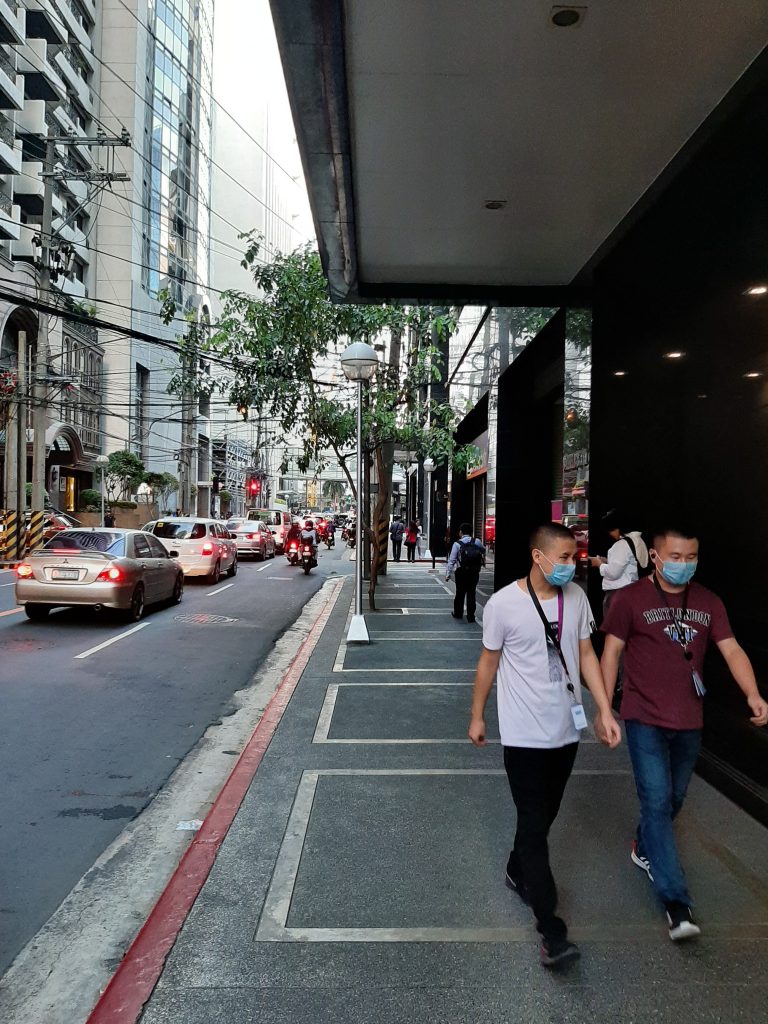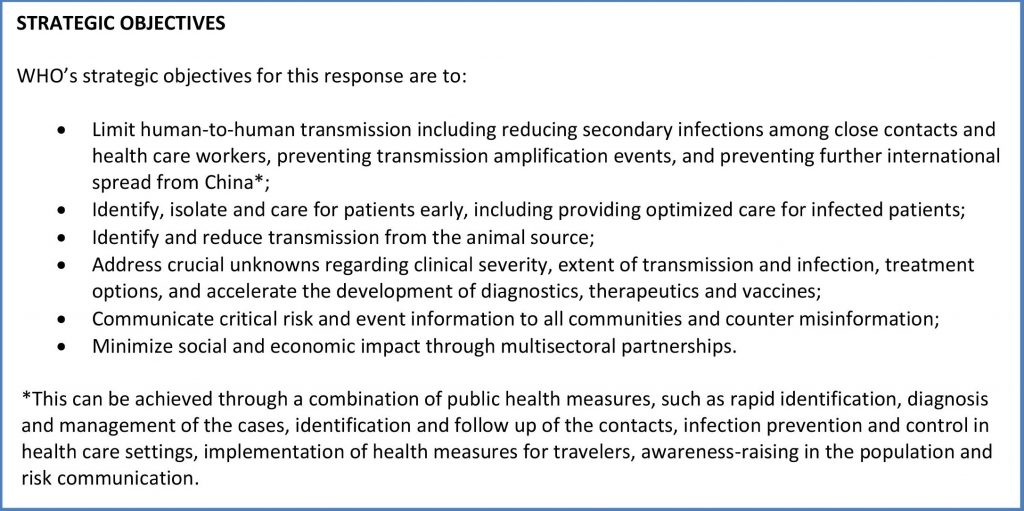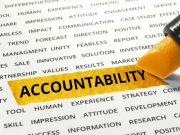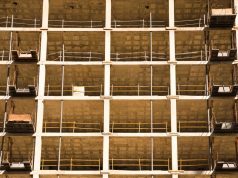Instead of ushering in the new year as a time of hope and renewal, we were faced instead clear and present danger in the form of a previously-unknown virus that has infected more than 79,000 people worldwide, killing 2,618 of the infected.
The disease seemingly originated from a seafood market in Wuhan, China, where customers would expect to see wild animals for sale alongside grouper and shrimp — wild animals like marmots, snakes, and bats. A team of virologists from the Wuhan Institute of Virology released a detailed paper showing that the genetic makeup of the strain — which is officially known as Covid-19 — is 96% identical to a coronavirus found in bats. An as-yet unpublished study shows that the human strain is 99% identical to the coronavirus found in pangolins. Nevertheless, satellite offices of the World Health Organization report that the virus is heavily transmitted through humans, through the exchange of bodily liquids.
As of the publishing of this article, Filipinos residing in the Philippines have resisted infection much better than our other Asian neighbors. The US Embassy’s official statement reports 3 confirmed cases, with 1 death.
The coronavirus has had a massive impact on businesses. Manufacturing has suffered, as many Chinese factories were put on lockdown with an extended forced leave for Chinese New Year. Travel bans have been issued to stop the spread of the disease. Many flights to and from China have been canceled. The list goes on.
What about Real Estate? HousingInteractive’s John Riad weighs in on this terrifying phenomenon — and reminds us that there is hope on the horizon.

In January, we wore masks to protect us from the ash fall of Taal volcano. Now we wear masks to shield us from infection. What a year 2020 has been. Here’s hope that it will improve.
The Covid-19 slowed real estate to a crawl in China — and has affected markets worldwide, including the US, Canada, and Singapore. The Philippines is no exception.
“On a very short term basis — 1Q2020 — the virus has had a negative impact,” John informs us. Yet, he remains hopeful. “Once a vaccine has been found, growth will resume.” Good thing a vaccine is under way. US health officials confirmed that trials will start soon on the coronavirus vaccine developed by biotech firm, Moderna. Marketwatch reports that Moderna shipped the first batch of the experimental vaccine to the National Institute of Allergy and Infectious Diseases, setting it up to be the first vaccine to be tested in the US on humans in a Phase 1 clinical trial. Granted, the immunogenic vaccine may take time to test and develop, but there’s hope on the horizon. Let’s cross our fingers that John’s prediction of imminent growth is a true one.
The hopeful train of thought is based on the comparatively low number of deaths. Many optimists remind us that we rallied from SARS admirably — a disease that comes from the same coronavirus strain. John reminds us, “China is now more important to the global scene than it was 17 years ago, during the SARS outbreak.” Nevertheless, he has high hopes that we will rebound in the 2nd quarter — not just as an industry, but as a country, as well.

“Overall, this incident will not change the Real Estate landscape,” he assures us. “Chinese investors are looking at Manila as the next growth destination. The price per square meter is still low in their perspective.” Of course, the Chinese nation as a whole needs confidence in the economy to continue its investment. The government has put a hold on the entry of Chinese nationals because of the risk of infection. “Mainland Chinese people are not allowed in,” John points out. “POGOs cannot expand without new employees. They can’t lease new properties until the travel restriction is lifted.” Will this happen in the second quarter? We can only wait and see.
So much of Philippine real estate has been contingent on the money coming in from Chinese investors, and the lease money obtained from POGO employees. In order for sales to rise again, “China will have to open its borders again,” John shares. “The Chinese will be allowed to travel again.”
John stays hopeful for the profitability of his industry. “We recovered from SARS in 2003, and the financial crisis in 2008. This is nothing new.”
It seems John, our Egyptian-Danish leader, has adapted much of the Filipino resiliency himself. His buoyant attitude reminds us to focus on the bigger picture, with the gentle reminder that this too shall pass.
Inasmuch as sales might be low right now — they won’t be low forever.
What does the coronavirus have in store for us now? The news shares that the strain has spread to Europe and the Middle East — but a vaccine is on the way. We can only cross our fingers, stay safe, and remain vigilant.


























